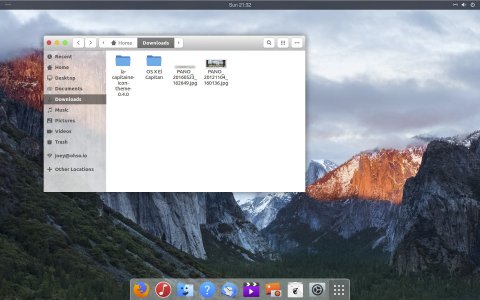https://www.zdnet.com/article/aws-e...6uYAAKIJ-eoHJRfFvJjUH17O6fLXAc2K9sEXn5lHHoDAo
TLDR;
"A virtualized Windows 10 on Arm runs faster on Apple's M1 hardware than on Microsoft's own Arm-based Surface Pro X."
TLDR;
"A virtualized Windows 10 on Arm runs faster on Apple's M1 hardware than on Microsoft's own Arm-based Surface Pro X."
![[H]ard|Forum](/styles/hardforum/xenforo/logo_dark.png)
